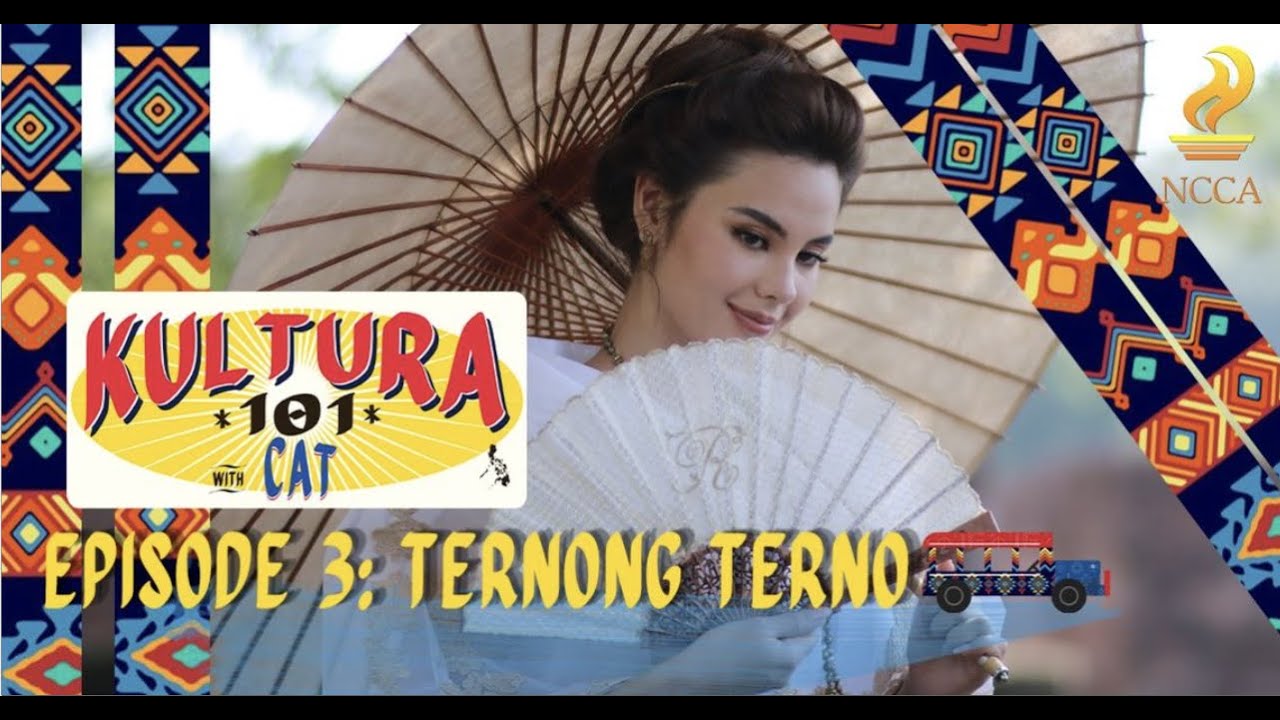Sagisag Kultura TV: Nick Joaquin
Summary
TLDRThis transcript explores a rich narrative blending Filipino history, culture, and personal reflections, focusing on the life and works of a prominent Filipino writer. It delves into his early influences, literary career, and his role in shaping Filipino identity, touching on his views on nationalism, literature, and education. The piece also highlights his significant contributions to Filipino culture and society, his philosophical reflections on historical events, and his legacy, encouraging future generations to connect with their cultural roots and history.
Takeaways
- 😀 The transcript discusses a rich blend of Filipino history, culture, and personal anecdotes surrounding influential figures, such as writers and politicians.
- 😀 The influence of Spanish heritage in Filipino culture is a recurring theme, highlighting how this cultural mix shapes Filipino identity.
- 😀 The personal reflections on literature emphasize the importance of books, reading, and the role of libraries in shaping intellectual pursuits.
- 😀 One key figure discussed is a person who was both a writer and a political figure, navigating a complex blend of activism and literary achievement.
- 😀 There is mention of a shift from traditional education to self-taught learning, illustrating the value of independent study and intellectual curiosity.
- 😀 The narrative touches on the historical significance of the Philippines, referencing key moments in its political and literary history, such as the era of the Marcos regime.
- 😀 The transcript explores the tensions between Filipino nationalism and colonial history, particularly the Spanish influence on the nation’s cultural and political legacy.
- 😀 Filipino writers and their works are celebrated, with references to the writings of Nick Joaquin and his profound impact on Filipino literature.
- 😀 There is an emphasis on the intersection of art, politics, and identity, with an exploration of how artists and intellectuals navigate political landscapes.
- 😀 The transcript advocates for the preservation and understanding of Filipino culture, urging future generations to learn from their history and maintain cultural pride.
Q & A
What is the significance of the phrase 'heritage of smallness' in the transcript?
-The 'heritage of smallness' refers to the Filipino mentality discussed in the script. It critiques the self-limiting mindset that may arise from historical and cultural factors, highlighting a tendency to underestimate the potential of the Filipino people.
How does the speaker reflect on the impact of Spanish influence on Filipino culture?
-The speaker disagrees with the view that all good aspects of Filipino culture are derived from Spain, which suggests a critique of the overly romanticized Spanish legacy in the Philippines. This viewpoint highlights a nuanced approach to the country's colonial history.
What role does literature play in the life of the person being discussed in the transcript?
-Literature plays a central role in the individual's life. The person is portrayed as a passionate reader and writer who values creativity and intellectual independence over formal education. Their literary work reflects Filipino identity and struggles.
What is the importance of the 'National Artist' designation mentioned in the transcript?
-The 'National Artist' designation is a prestigious title given to Filipinos who have made significant contributions to the arts. The speaker mentions this title in relation to the individual’s work in literature, which earned him recognition as a key figure in Filipino cultural and artistic development.
How did the individual's early life and education influence his later work?
-The individual had a non-traditional education path, including studying in a Dominican seminary. However, he chose not to pursue priesthood, realizing that his true passion lay in writing. This decision shaped his career, leading him to explore Filipino culture and history through his literary works.
What was the significance of the contest mentioned in the transcript?
-The contest was a pivotal moment in the individual's life, as it helped him gain recognition for his work and led to a scholarship. This success allowed him to pursue further studies and to engage more deeply in his literary career.
What role did the Philippine Free Press play in the individual's career?
-The Philippine Free Press was a key platform for the individual to showcase his literary talents. He worked there as an assistant editor and later as a literary editor, contributing to the journal’s reputation and advancing his own career in Filipino literature.
What is the connection between the individual’s works and Filipino nationalism?
-The individual’s works are deeply connected to Filipino nationalism. He used his writings to explore Filipino identity and history, reflecting on the nation’s struggles and cultural evolution, especially in relation to colonial influences and modern societal challenges.
What is the significance of the poem 'Innocence of Solomon' mentioned in the script?
-The poem 'Innocence of Solomon' is highlighted as one of the individual’s most powerful works. It is seen as a turning point in his literary career, showcasing his ability to deeply reflect on Filipino culture and history.
How does the individual’s work reflect on the Spanish colonial period in the Philippines?
-The individual’s work, particularly the essay 'The Heritage of Smallness,' critically examines the lasting effects of Spanish colonialism on Filipino identity and mindset, offering a perspective that challenges the overly positive view of Spanish influence.
Outlines

This section is available to paid users only. Please upgrade to access this part.
Upgrade NowMindmap

This section is available to paid users only. Please upgrade to access this part.
Upgrade NowKeywords

This section is available to paid users only. Please upgrade to access this part.
Upgrade NowHighlights

This section is available to paid users only. Please upgrade to access this part.
Upgrade NowTranscripts

This section is available to paid users only. Please upgrade to access this part.
Upgrade NowBrowse More Related Video

Buhay na Buhay: Kultura ng Paguukir at Paguuma (S1E2)

Ternong Terno: Ep3 of Kultura 101 with Cat | Catriona Gray

I-Witness: "Juan Luna sa Paris," dokumentaryo ni Howie Severino (full episode)

Kaligirang Pangkasaysayan ng El Filibusterismo

Fernando Cueto Amorsolo, Philippine Artist

GNED 12 Aralin 1 Introduksyon sa Dalumat
5.0 / 5 (0 votes)